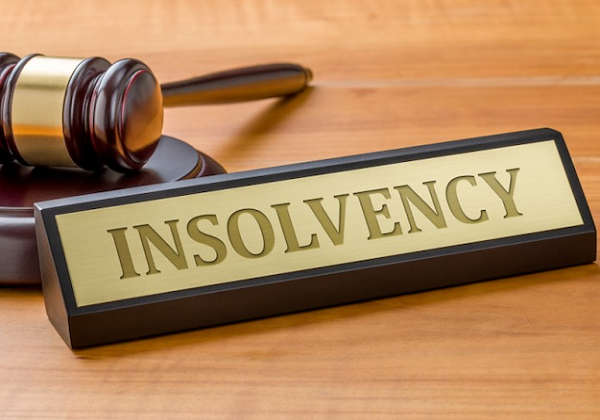Nigeria’s top judges, lawyers, and insolvency experts are calling for a paradigm shift in the nation’s insolvency ecosystem — from punitive liquidation practices to proactive business rescue and restructuring — as economic turbulence continues to strain companies across sectors.
At the 2025 Annual International Insolvency Conference of the Business Recovery and Insolvency Practitioners Association of Nigeria (BRIPAN), held at the Civic Centre in Lagos, participants emphasized the need to modernize insolvency laws, integrate technology, and strengthen cross-border collaboration. The two-day event, themed “Deepening Insolvency Tools for Resolving Commercial and Financial Challenges of Businesses,” gathered representatives from the judiciary, academia, and corporate sectors.
Delivering a keynote address on behalf of the Chief Judge of the Federal High Court, Justice John Tsoho, Justice Akintayo Aluko underscored that insolvency should be seen as an instrument of renewal, not termination.
“A state of insolvency does not necessarily mean the end of a business,” he said. “With proper tools such as receivership, mergers, and company arrangements, insolvency can restore stability, protect jobs, and rebuild investor confidence.”
Justice Tsoho also urged stronger oversight of insolvency practitioners, citing the need for integrity, confidentiality, and accountability.
Similarly, Justice Victoria Nwoye of the Court of Appeal described insolvency frameworks as “economic stabilizers” that can redirect capital and preserve employment. She called for reforms centered on preventive restructuring frameworks, SME-focused procedures, digital case management, rescue-oriented policies, and regional cooperation.
Justice Onyekachi Otisi stressed that Alternative Dispute Resolution (ADR) mechanisms could complement overburdened courts, facilitating faster and less adversarial resolutions.
“Nigeria should explore ADR for pre-insolvency negotiations and restructuring,” she said, noting that BRIPAN is well-positioned to guide its integration.
Justice Alexander Owoeye of the Federal High Court highlighted the potential of Company Voluntary Arrangements (CVAs) under the Companies and Allied Matters Act (CAMA) 2020, saying that timely judicial support is crucial for their success.
Adding a continental dimension, Ugandan insolvency expert Kabiito Karamage shared a case study revealing how cross-border fraud complicates recovery efforts, emphasizing the importance of international cooperation and transparency.
The President of the Nigerian Bar Association (NBA), Mazi Afam Osigwe (SAN), commended BRIPAN for strengthening Nigeria’s commercial law framework, describing insolvency reform as vital for preserving economic stability and investor trust.
“This is not just about legal mechanisms but about saving livelihoods and ensuring continuity,” added NBA Lagos Branch Chair, Uchenna Akingbade.
BRIPAN Vice President and Conference Chair Albert Folorunsho concluded that insolvency must evolve into a lifeline for businesses in distress, not a death sentence.
“When properly managed, insolvency can rescue enterprises, safeguard jobs, and revitalize the economy. Our focus must be on transformation — not termination.”
The consensus at the conference was clear: Nigeria must redefine insolvency as a tool for business continuity and national economic resilience rather than corporate extinction.

